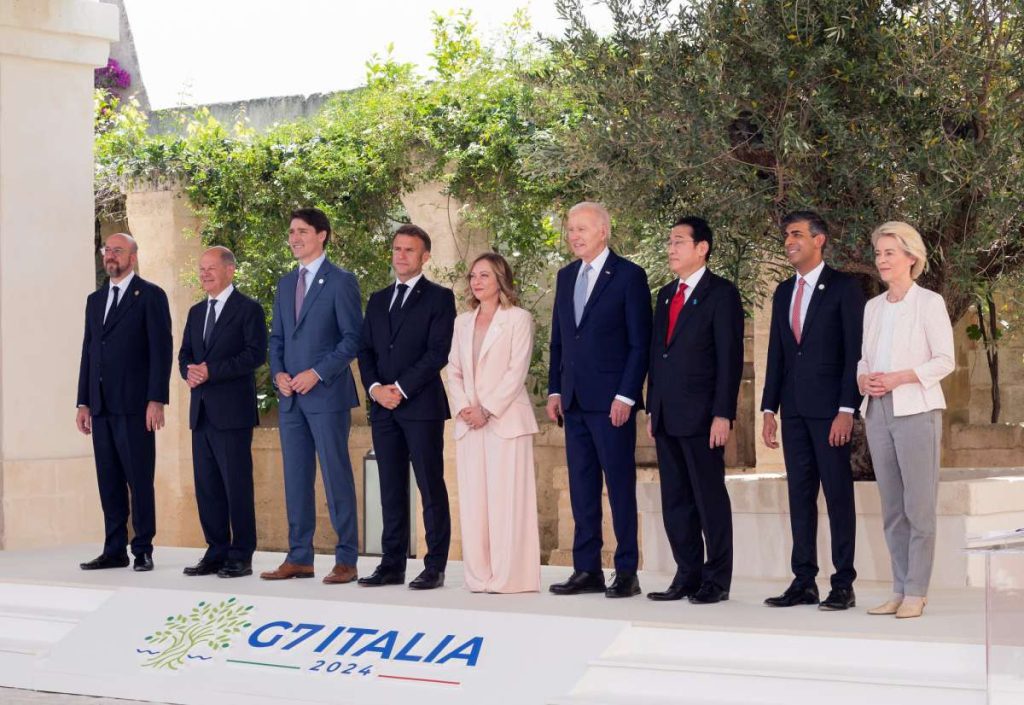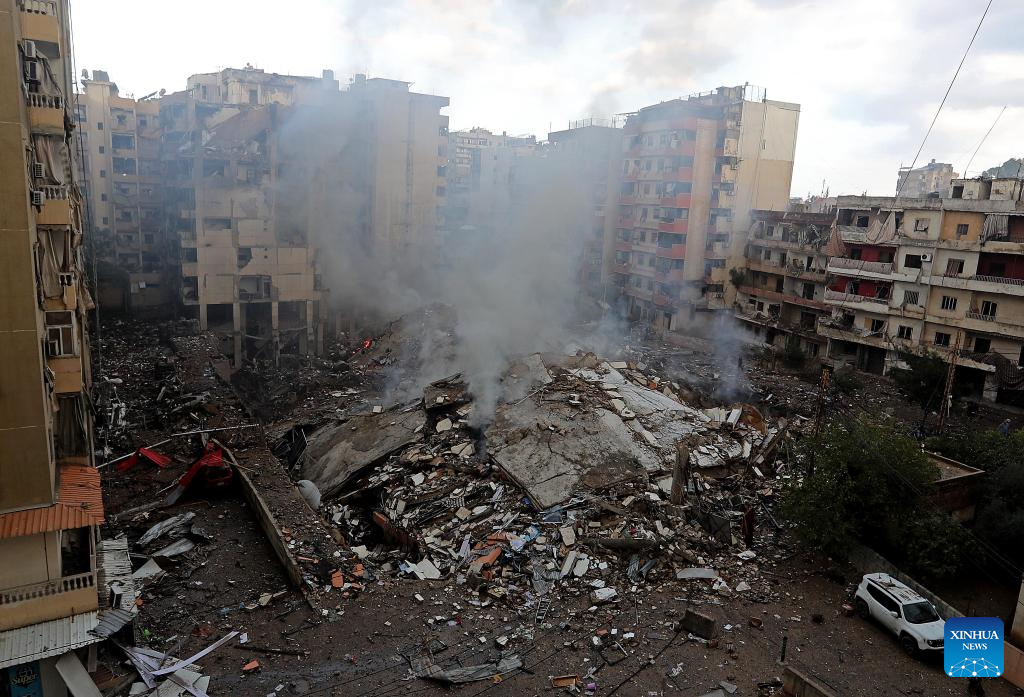Starmer’s position on the conflict has previously caused unease among some in his party, with the leader facing criticism for not calling for an immediate ceasefire sooner…reports Asian Lite News
Opposition Labour Party, which is far ahead in polls before a July 4 election, pledged on Thursday to recognize a Palestinian state as a contribution to a renewed peace process.
“Palestinian statehood is the inalienable right of the Palestinian people,” said Labour’s election manifesto — the collection of policies it would enact if it forms the next government.
“We are committed to recognizing a Palestinian state as a contribution to a renewed peace process which results in a two-state solution with a safe and secure Israel alongside a viable and sovereign Palestinian state.”
The current Conservative-led government has previously said Britain could formally recognize a Palestinian state before the end of a peace process, and that Palestinians in the West Bank and Gaza Strip must be given “the political perspective of a credible route to a Palestinian state and a new future.”
In May, Spain, Ireland and Norway officially recognized a Palestinian state, prompting an angry reaction from Israel, which has found itself increasingly isolated after more than seven months of conflict in Gaza.
Israel reacted furiously to the news, with Prime Minister Benjamin Netanyahu condemning the move as a “reward for terrorism”.
The Labour manifesto states that the party will also reverse a decision taken by Suella Braverman to ban the police from recording “non-crime hate incidents” including antisemitism.
Last year, the then Home Secretary said she was “deeply concerned” about reports of the police wrongly “getting involved in lawful debate” in Britain.
“We have been clear that in recording so-called non-crime hate incidents, officers must always have freedom of expression at the forefront of their minds,” Braverman added.
In March, Shadow Home Secretary Yvette Cooper said a Labour government would require the police to record non-crime hate incidents of antisemitism to combat extremism.
Labour’s manifesto states: “Labour will also reverse the Conservatives’ decision to downgrade the monitoring of antisemitic and Islamophobic hate.”
Starmer’s position on the conflict has previously caused unease among some in his party, with the leader facing criticism for not calling for an immediate ceasefire sooner.
In November last year, a host of Keir’s shadow ministers broke ranks to call for an immediate ceasefire, including Naz Shah, Paul Barker and Afzal Khan.
A total of 10 shadow ministers and parliamentary aides rebelled, with some 56 Labour members defying a three-line whip and backing an amendment to the King’s Speech.
The party also faced setbacks in the local elections in some previously safe areas, particularly those with large Muslim populations. The manifesto document states: “Long-term peace and security in the Middle East will be an immediate focus. Labour will continue to push for an immediate ceasefire, the release of all hostages, the upholding of international law, and a rapid increase of aid into Gaza. Palestinian statehood is the inalienable right of the Palestinian people. It is not in the gift of any neighbour and is also essential to the long-term security of Israel. We are committed to recognising a Palestinian state as a contribution to a renewed peace process which results in a two-state solution with a safe and secure Israel alongside a viable and sovereign Palestinian state. Labour will also strengthen support for British nationals abroad. We will introduce a new right to consular assistance in cases of human rights violations.”
Regarding the current war between Israel and Hamas, the manifesto says that Labour will push for an immediate ceasefire and for the release of all hostages, which may help appease some voters who have been critical of the party’s stance on the war in Gaza.
The current Conservative-led government has previously said Britain could formally recognize a Palestinian state before the end of a peace process, and that Palestinians in the West Bank and Gaza Strip must be given “the political perspective of a credible route to a Palestinian state and a new future.”
Israel has argued that unilateral recognition of a Palestinian state now will be viewed as a reward for Hamas’s October 7 onslaught. Israel’s military campaign to rid the Gaza Strip of the Hamas terror group has sparked worldwide sympathy for Palestinians and galvanized support for recognizing statehood in some capitals.
Around 144 out of 193 member-states of the United Nations already recognize a Palestinian state, including most of the global south, Russia, China and India.
Eleven European Union countries now recognize a Palestinian state — Bulgaria, Cyprus, the Czech Republic, Hungary, Poland, Romania, Slovakia, Sweden, Slovenia, Ireland, and Spain. Malta recognizes the concept of one and has indicated it may soon recognize a state.
The UK left the EU in 2020. Norway is not a member of the European Union, but is closely aligned, and is a member of the European Economic Area.
ALSO READ-Labour to publish manifesto on Thursday












